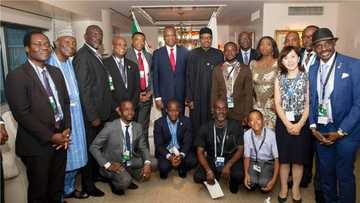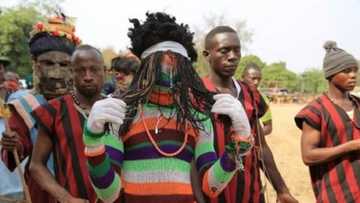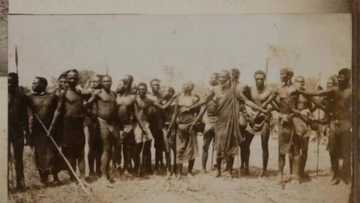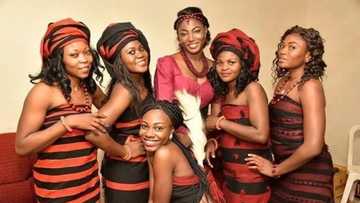Top ethnic groups in Benue State
There are several ethnic groups in Benue State. Each one has a unique and prominent culture, history and beautiful people, who are making up these nations. There are ten ethnic groups in the total in Benue State. And we are going to get a short acquaintance with the five of them. So let's get started.
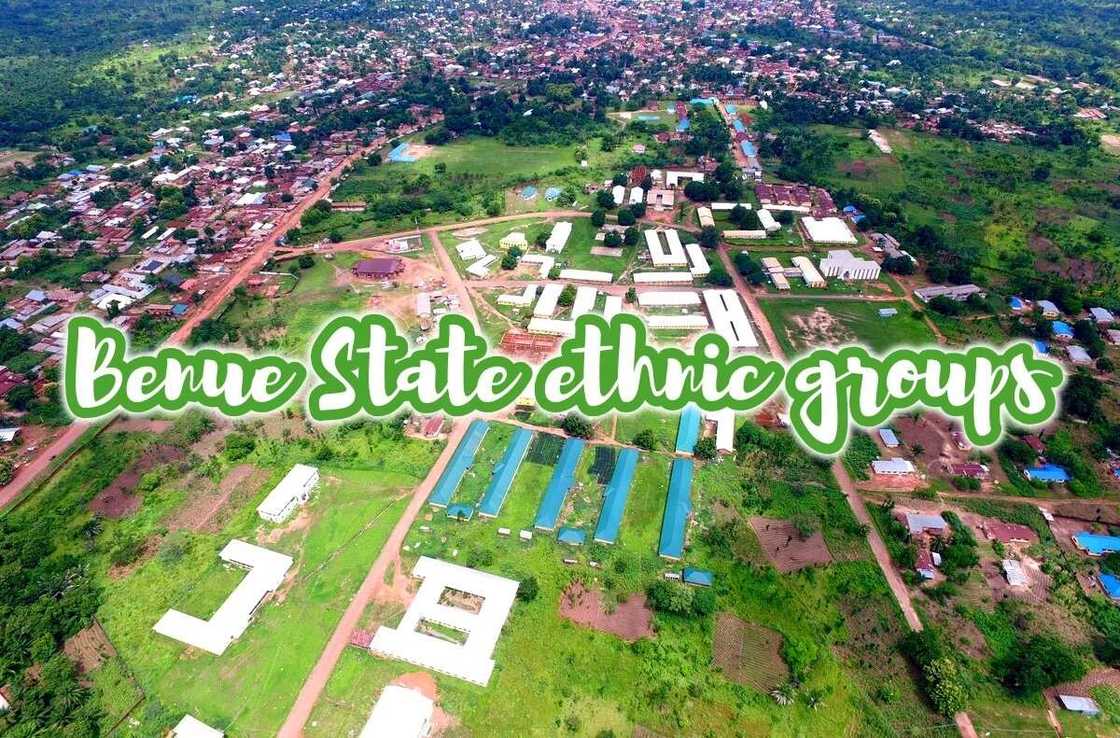
Ethnic groups in Benue State
Benue state is made up of 10 ethnic groups. They are:
- Tiv;
- Idoma;
- Igede;
- Etulo;
- Abakpa;
- Jukun;
- Hausa;
- Igbo;
- Akweya;
- Nyifon.
They all differ in culture, traditions and of course their area size. The predominant ethnic group is Tiv. They have 14 local council blocks alongside with the Etulo and Jukun ethnic groups. The rest of the nine government areas are occupied by Nyifan, Igede, Igbo and Akweya ethnic groups.

Photo: hometown.ng
READ ALSO: Name of God in Tiv language and other Nigerian languages
The most significant part of the population are farmers while the residents of the riverine neighborhoods are engaged in fishing. Being friendly and courteous is so typical of each person living in Benue State. And of course, their cultural heritage is astonishing and worth getting acquainted with.
So now we are going to the bare essential information about some of them.
5 ethnic groups of Benue State
#1 Tiv
The Tiv, also called Tivi, went down from southern Africa through its south-central and west-central parts before landing at the savannah plains of West Africa. As history says, Europeans have the first acquaintance with the Tiv in the middle of 19th century, meeting them at the banks of present-day Benue State.
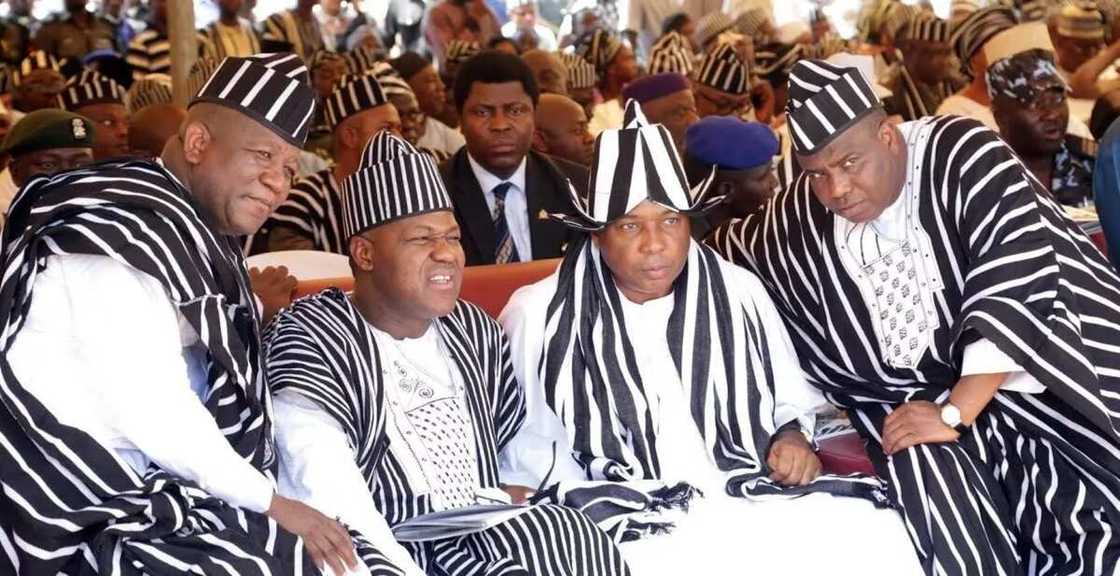
Photo: globalpatriotnews.com
Today, Tiv developed into an ethnic group making up approximately 3.5% of the whole population in Nigeria. About 7 million people speak Tiv language. The Tiv people are considered to emerge into their current place from the southeast. They have a prominent culture with unique customs. Whether it is related to music, food, or marriage traditions, they are entirely genuine. Also, Tiv land brought the world some outstanding politicians, sport and cultural icons.
#2 Idoma
The Idoma ethnic group inhabits the eastern region of the junction of the NIger river and Benue State rivers. The major part of its population, embracing the Okpoto, Iguwale, Agala, Nkum, and Iyala, are listed as speakers of distinct Idoma language, which relate to the Kwa fork of the Niger-Congo language family. In addition to language assemblage, there is a substantial level of shared coherence, although cultural and political identity is not typical of the Idoma people.
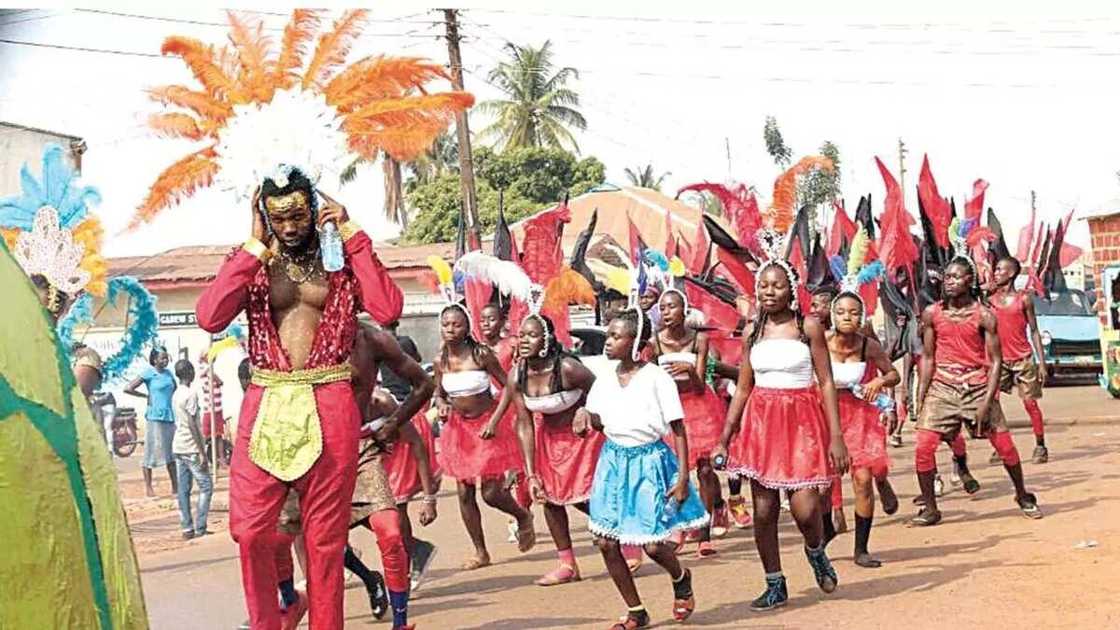
Photo: guardian.ng
An extended family is a fundamental unit of the social organization in Idoma ethnic group. When it comes to religious traditions, there is ancestor worship as a primary element of Idoma's beliefs.
Speaking of the Idoma economy, the main characteristics are hunting during the dry seasons and increasing agriculture during rainy seasons. The main activity of different regions is holding modest businesses. The most in-demand occupations and activities are connected with such crafts as the weaving and dyeing of fabrics and clothes.
#3 Igede
The origin of Igede ethnic group tracks back to Sabon Gida Ora, which is Edo State today. A conflict between the Igede and the residents of Ora resulted into Igede's immigration from that district to current Benue State through Nsukka in Enugu state. This historical event was even highlighted in Igede's performances and lyrics.
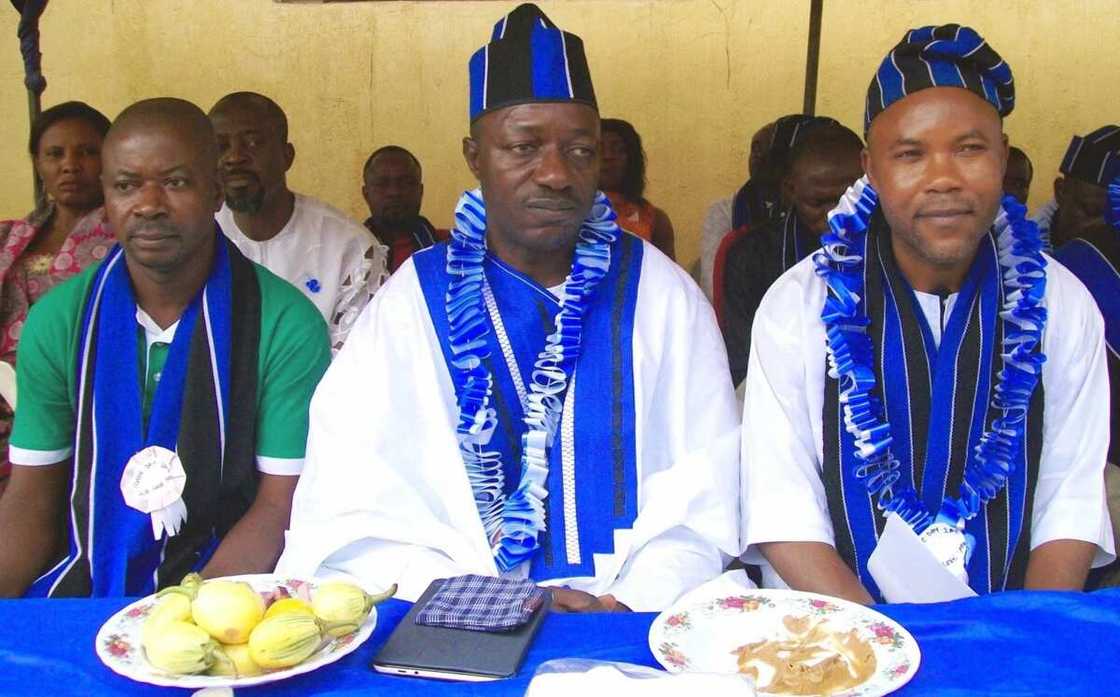
Photo: linknaija.com
READ ALSO: Ethnic groups in Nigeria
The primary activity of Igede people is predominantly farming. Local farmers cultivate such cultures as yams, cassava, groundnut, and maize. Yam is honored like something sacred here because this crop is always harvested first, and also because it is the most valuable and essential product in Benue State.
The yams were cultivated as much as since 50,000 B. C. in Nigeria and many other African states. It is considered to be the most used product in the world. The New Yam Festival is, consequently, a feast representing the influence and role of yam in the social-cultural life of the people from the Igede ethnic group. Furthermore, the Igede Agba Festival doubles as the most significant day to conventional Igede men.
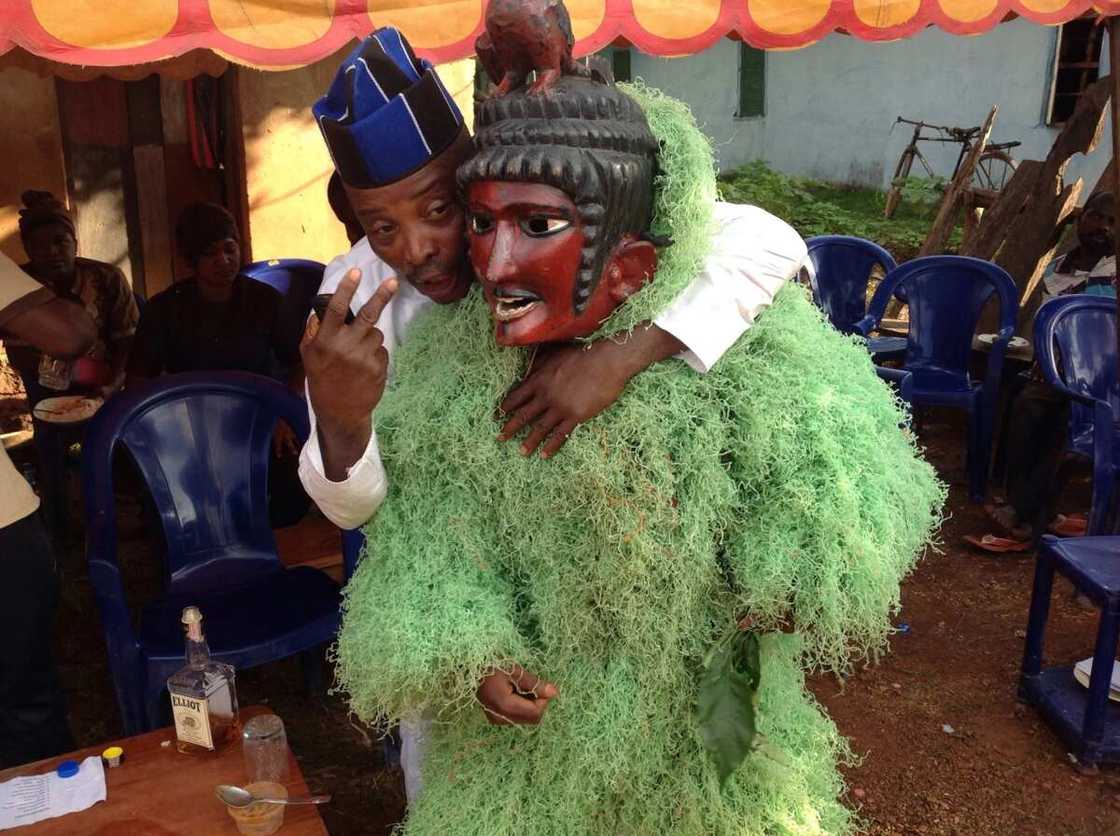
Photo: jamesibechi.com
This celebration helps to decrease the degree of national uniting sense. And also, it is an excellent way for the Igede population to give respect, sense of belonging, solidarity, and friendly and cooperative subsistence. It carries no religious context. Like any other traditional custom amid the Igede people, Igede Agba Festival is meant to celebrate and praise the work, and its importance in everyone's life.
#4 Jukun
The Jukun ethnic group tracks its lineage to the princes of the Kwararafa kingdom. It is a country which was established in Western Africa in the 14th century and lasted till the 18th centuries. Conventionally, the Jukun community was headed by a monarch.
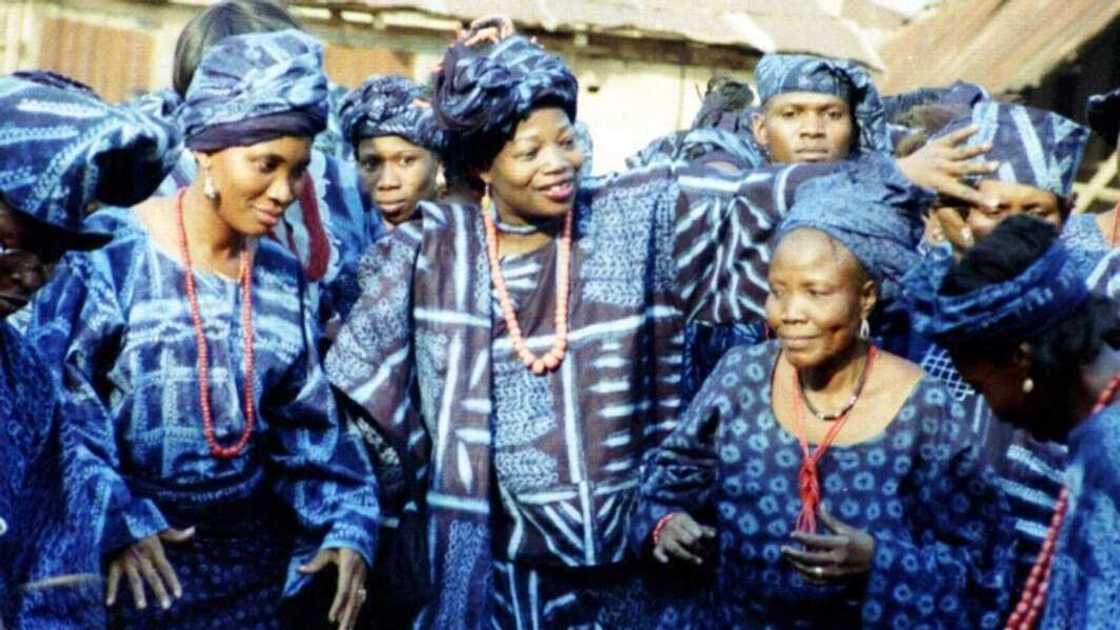
Photo: theparooters.com.ng
In the early 19th century, `the Fulani has resulted in the political distribution of the Jukun people into multiple local units. By the 1920s, the leading group of the Jukun community, known as the Wapa, occupied the Wukari area. Here, the governments of Jukun people were held by the regional ruler and his officials. The rest of the Jukun people, inhabiting the Benue State, prevailed politically independent from the Wukari government.
During the post-colonial years, strong ethnic pressures occurred between the Jukun and the adjoining Tiv ethnic group. Today, the Jukun people constitute a heap of many smaller societies, each composed on another foundation, although polygynous extended families seem to be the authoritative system.
#5 Etulo
The Etulo are in the Central Nigerian states of Benue and Taraba. The Etulo are supposed to have emigrated from the former Kwarrafa kingdom and resided in Adi. Their primary occupations are farming and fishing.

Photo: wycliffe.com
It is believed there, that there is no such thing actual death. The Etulo believe that supernatural circumstances are the cause of each death. There is extremely use of magicians in this territory.
Although numerous churches have been built, the area is awfully distant from being converted to Christianity. Etulo people's focus remained on idols.
READ ALSO: Cultural similarities in Nigeria and their differences
Source: Legit.ng


